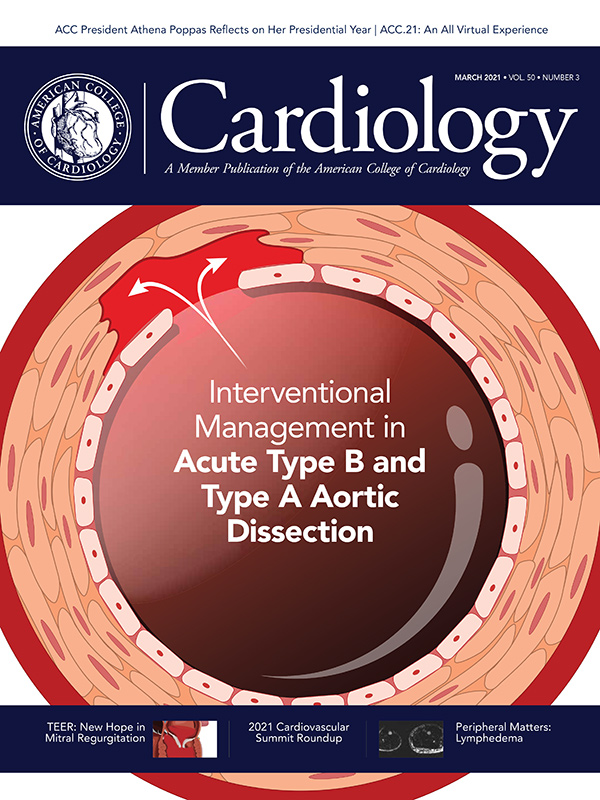Get to Know Your Leaders | ACC President Athena Poppas, MD, FACC, Reflects on Past Year
As her presidential year nears its close at the end of March, ACC President Athena Poppas, MD, FACC, spoke with Cardiology to share some meaningful moments over the past year, leadership competencies that proved critical in navigating massive change and uncertainty, and her hopes for the future of the College and the profession.
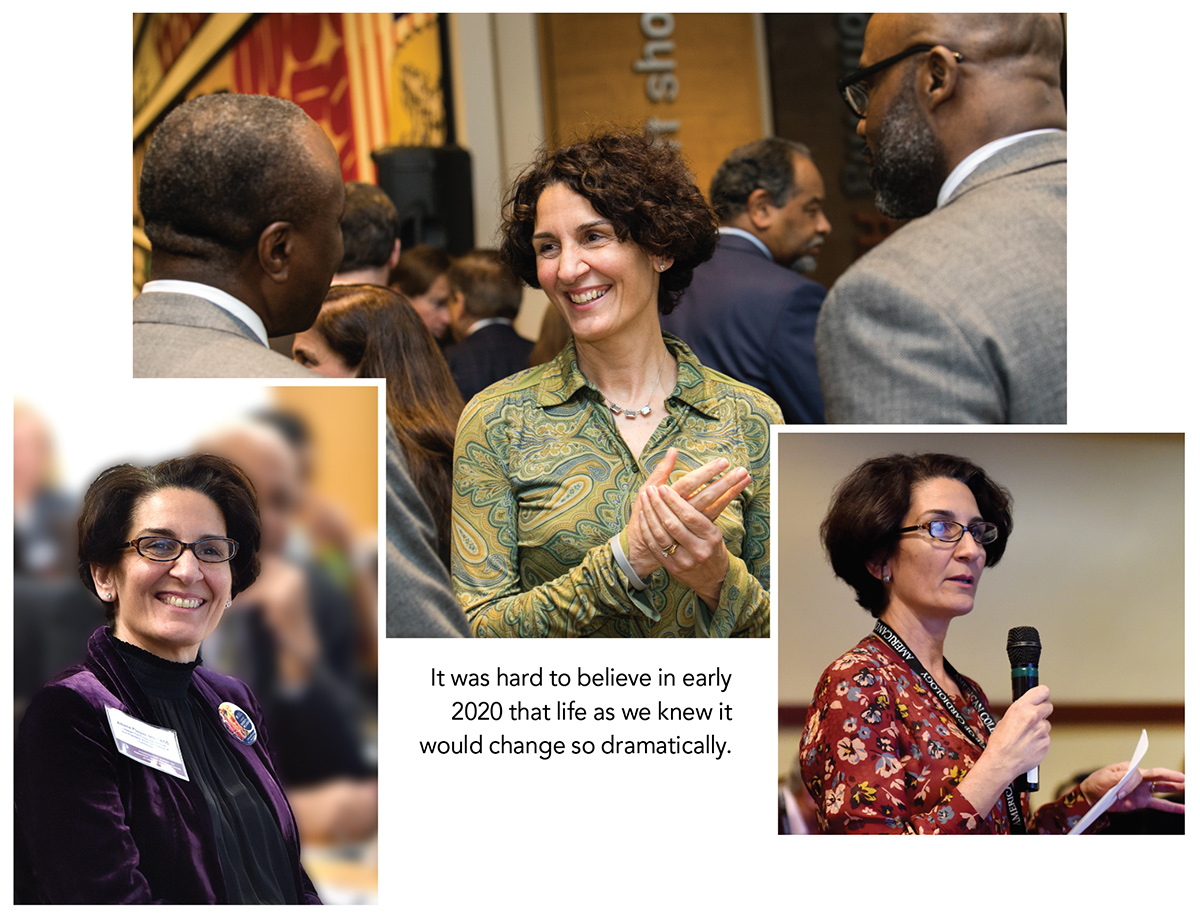
It's been a really challenging year for everyone. Is there a single event or moment that stands out as being particularly meaningful?
The ACC's ability to quickly pivot and to come together to help clinicians and patients navigate the COVID-19 pandemic was one of the most meaningful events of my presidential year. From the very beginning, the ACC was able to provide early clinical guidance regarding the rapidly spreading virus, as well as move quickly to advocate for telehealth flexibilities and other health policies to protect clinicians and patients. Our COVID-19 Hub quickly became the go-to-source for 24/7 resources to help our members and their patients. We also collaborated across borders, for example getting early guidance from physicians in Wuhan, China, and with our partner societies to share experiences and lessons learned. This global collaboration was unprecedented and proved tremendously helpful. We also saw an increase in racial tensions, disparities and horrible violence across the U.S. I am proud of the ACC's united response with the Association of Black Cardiologists and the American Heart Association to condemn the violence and highlight the need to better address the systemic racial inequities in the U.S. and within the health care system. Building upon our early diversity and inclusion progress, I launched a Health Equity Task Force to further our work towards reducing disparities in health care and ensuring a diverse, equitable and inclusive profession.
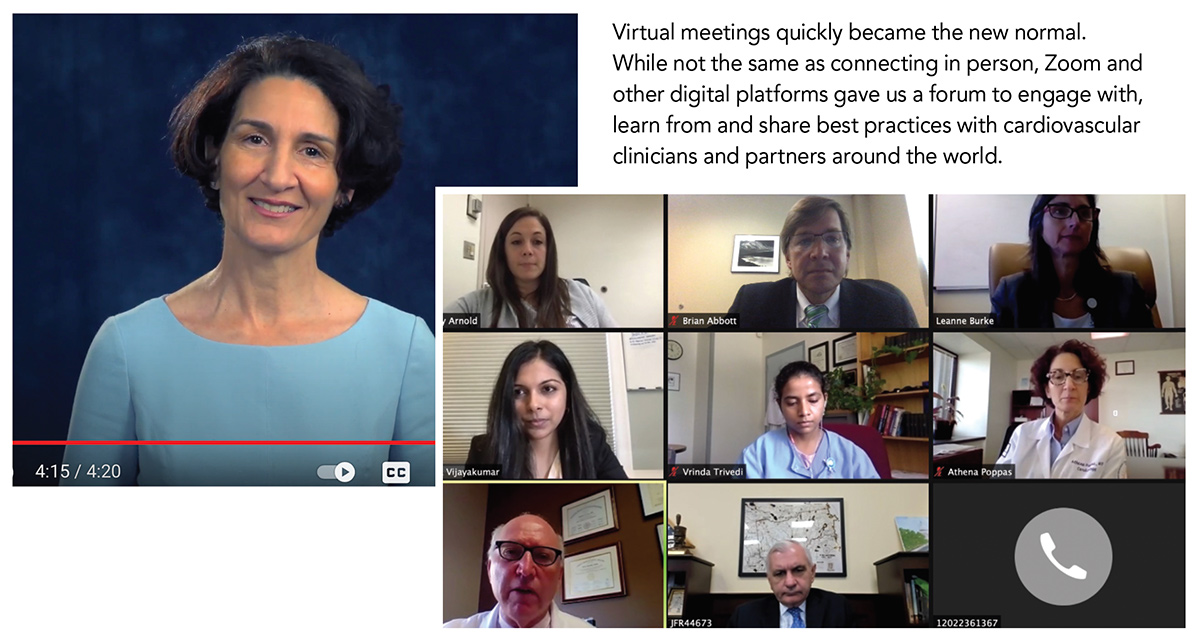
What have been the silver linings you've discovered during this unique presidential year?
This year underscored the vital importance of collaboration. Whether providing clinical guidance related to COVID-19; coming together to tangibly address health disparities; advancing solutions to telehealth and value-based care: and accelerating global cardiovascular education; the ability to collaborate with other cardiovascular and medical societies, payers, industry, health care start-ups and other stakeholders proved essential and effective. In addition, we also learned that we can be nimble in our processes and the way we function as an organization and this will undoubtedly serve us well into the future.
What do you believe will be some of the ACC's biggest challenges going forward?
One of the ACC's challenges will be maintaining relevance and cohesion when we are not in the middle of a crisis. The College needs to continue to meet the needs of a diverse profession, deliver high-quality education and science, and prioritize the well-being of our members. The financial impact of the COVID-19 pandemic remains a challenge, both for the College and the members, practices, hospitals and patients that we serve. I have no doubt that we will weather the current difficulties and emerge stronger, but short-term decisions will require focus, discipline and likely a little creativity as we work towards achieving our Strategic Goals while maintaining financial and organizational stability.
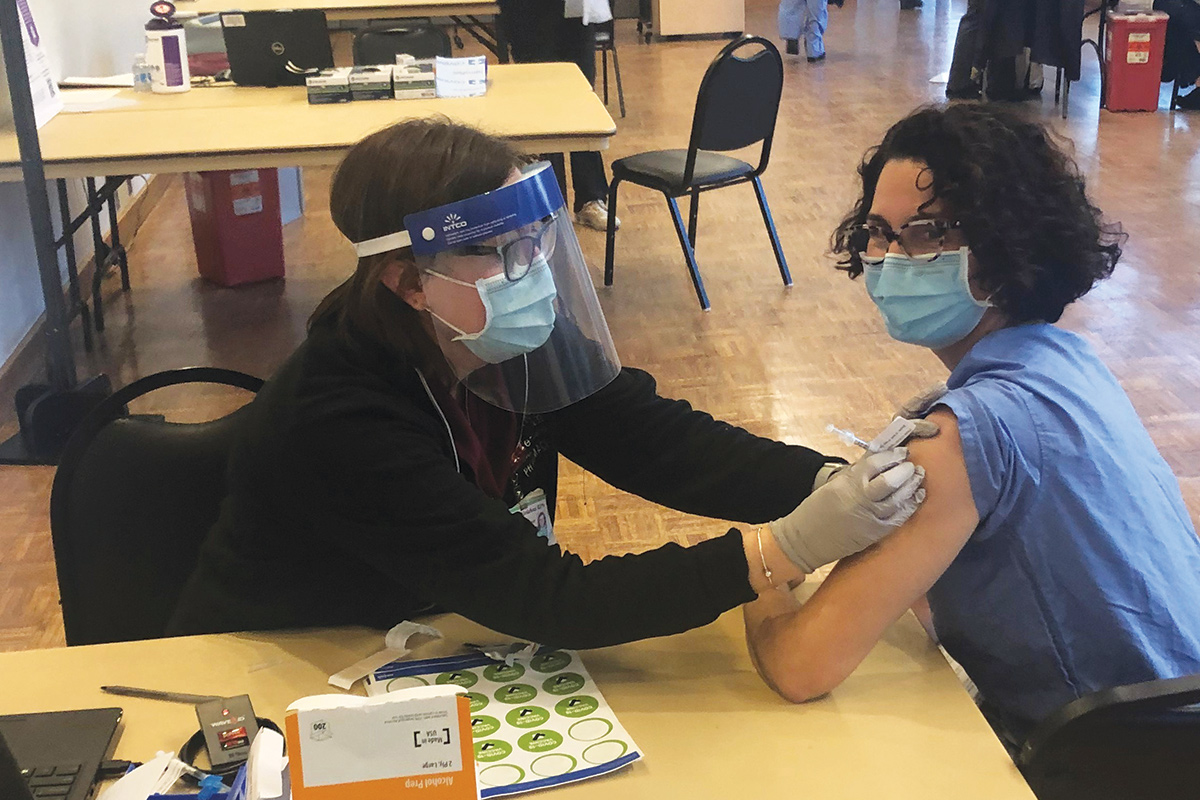
What were you most surprised by this year?
I didn't anticipate that the pandemic would continue unabated for as long as it has and would create such disruption in every facet of our lives. We were optimists, or naïve, and thought it would "be over" by the summer. However, here we are heading into the spring; states are trying to figure out vaccine distribution and our staff are working from home.
Despite the external challenges of the ongoing pandemic, ACC committees, trustees and staff continued to focus on other crucial priorities including NCDR and guideline optimization, increasing alignment with MedAxiom, digital transformation and more. We didn't lose sight of our long-term priorities and projects that must continue to deliver value to members and help our patients.
What type of leadership competencies were more important this year than perhaps would have been important in a normal year?
Adaptability! To lead through change, it is necessary to be agile, resilient, encouraging and supportive of others. Simultaneously I had to learn to listen better and to be more compassionate through the uncertainty and to give people more latitude in what they do, realizing that this year held unexpected losses and difficulties for everyone.
Additionally, competencies associated with fostering innovative ideas and with building consensus are helpful in "normal" times but proved crucial at times this year. Last, but certainly not least, mentoring others required focus, despite the unfortunate loss of face-to-face interactions.
While I missed having the opportunity to meet members in person this year, especially our Fellows in Training and Early Career members, we were able to find innovative ways to continue to foster support and build connections. Hopefully the next generation of leaders will be creative and stronger because of this shared experience.
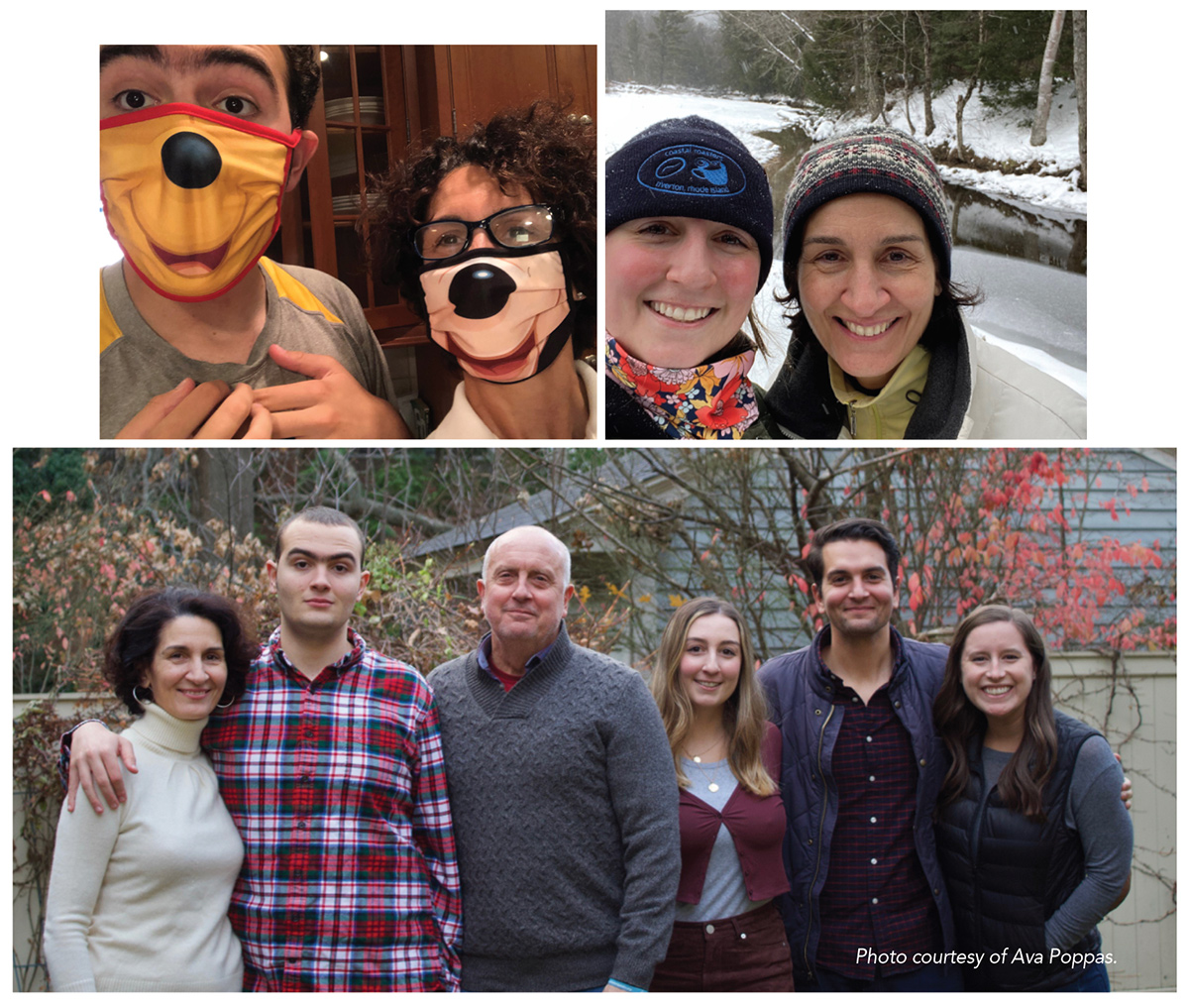
What is your hope for the future of the ACC?
The College is in great hands with Cathy Gates as its new CEO and the highly professional and committed ACC staff who work tirelessly to help us deliver on our Mission and Vision. I hope that members remain committed to the College and continue volunteering, mentoring and sharing perspectives and best practices. I don't want us to lose sight of the tremendous good that can come from the collective work we do and the positive energy it creates. I hope the College continues to learn from the success of the past to build a future where we continue to transform cardiovascular care and improve heart health, together.
Any advice for incoming leaders in the year ahead?
My advice is to expect the unexpected. Keep your plans clear, but in broad strokes so that you can innovate and adapt. I'd recommend staying laser focused on a few key priorities that will keep the organization healthy, strong and relevant.
Leaders, new and old, also need to take time for themselves. As leaders of the ACC, we should help set the example of well-being and balance and to encourage others to take care of themselves. Lastly, I would encourage Incoming President Dipti Itchhaporia, MD, FACC, to drink it all in, to enjoy the next year because it is the most phenomenal experience. It is an incredible honor and privilege to have the opportunity to lead the College as president of the ACC.
Clinical Topics: Cardiovascular Care Team, COVID-19 Hub
Keywords: ACC Publications, Cardiology Magazine, COVID-19, American Heart Association, Leadership, Mentors, Trustees, Consensus, Uncertainty, Pandemics, Goals, Telemedicine, Societies, Medical, Health Policy, Hospitals, Stroke, Vaccines, Family Characteristics
< Back to Listings


